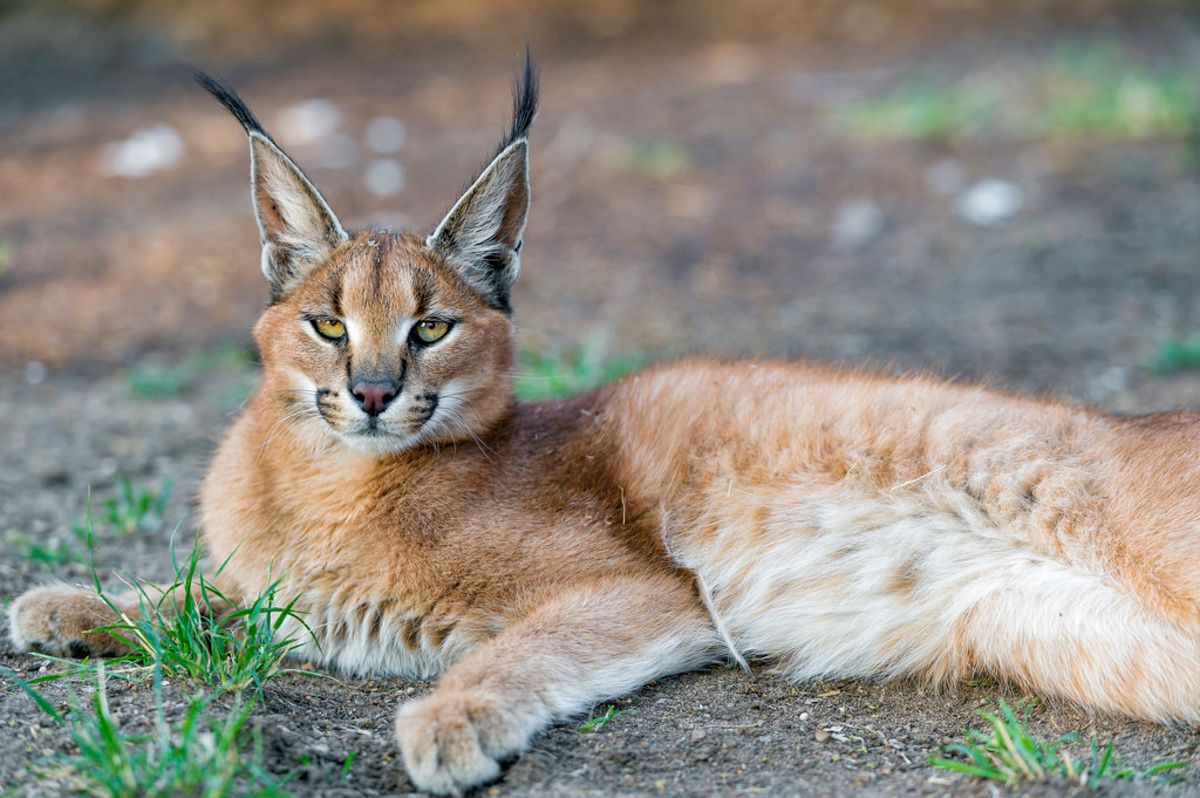An exotic pet refers to any non-traditional or uncommon animal kept as a pet. These animals are typically not found as pets in a typical household setting and may require special care, environments, diets, and permits to own legally. Examples of exotic pets include reptiles like snakes, lizards, and turtles; birds like parrots and macaws; small mammals like hedgehogs, sugar gliders, and ferrets; arachnids like tarantulas; amphibians like frogs and salamanders; and even larger animals like big cats (e.g., tigers) or primates (e.g., monkeys).
Some people are attracted to exotic pets due to their unique appearance, rareness, or the challenge of caring for a non-traditional animal. However, it is important to note that owning an exotic pet can be a complex responsibility. These animals often have specific dietary, environmental, and social needs that may be difficult to meet in a domestic setting. Furthermore, the legal requirements and restrictions for owning exotic pets can vary from one region or country to another.
Many exotic pets also have natural behaviors or adaptations that may be challenging to manage. For instance, large and potentially dangerous animals like big cats can pose risks to both the owner and the public. In some cases, capturing and selling exotic animals for the pet trade can contribute to illegal wildlife trafficking and the decline of certain species' populations in the wild.
Before considering owning an exotic pet, it is crucial to thoroughly research the animal's specific needs, appropriate housing, veterinary care, and legal requirements. Many organizations and experts in exotic pet care advise potential owners to consider if they can provide a suitable and ethical environment for these animals before making a decision. It is often recommended to seek out reputable breeders, licensed sellers, or rescue organizations when looking for an exotic pet.
What exotic animals can you own in Alabama?
In Alabama, without any special permit, you can legally own the following exotic animals:
- Non-venomous reptiles: Snakes, lizards, and turtles that are not venomous or threaten human safety.
- Small mammals: Ferrets, sugar gliders, hedgehogs, prairie dogs, and small rodents, such as hamsters, guinea pigs, and rabbits.
- Birds: Common domesticated birds like parrots, canaries, finches, and pigeons.
- Fish: All types of fish species for aquariums or personal use.
- Amphibians: Non-venomous frogs, toads, and other similar amphibians.
It is important to note that this information may change, so it is always recommended to consult with local authorities or officials to ensure possession of the desired exotic animal is legal and compliant with any specific regulations or permits.
How to get an exotic pet license in Alabama?
To acquire an exotic pet license in Alabama, you will need to follow these general steps:
- Research and verify the legality of owning the exotic pet you intend to keep in Alabama. Ensure that it is permissible to own that particular species as a pet.
- Contact your local animal control office or the Alabama Department of Conservation and Natural Resources (ADCNR) Wildlife and Freshwater Fisheries Division to obtain information about specific regulations and requirements for exotic pet ownership.
- Understand and comply with the necessary conditions to ensure the well-being of the exotic pet. These may include appropriate housing, veterinary care, diet, and other specific needs.
- Complete an application for an exotic pet license. Visit the ADCNR website or contact their offices to obtain the necessary form. The application may require details such as your personal information, contact details, and the specifics of the exotic pet you intend to own.
- Submit the completed application, along with any required documents (such as proof of residency, identification, or property zoning information), to the appropriate authorities as specified in the application guidelines.
- Pay the associated license fee, which can vary depending on the species and the specific license requirements. Make sure to inquire about the applicable fee and payment process during the application process.
- Await the processing of your application and license. This may involve a waiting period while authorities review your application and verify compliance with relevant regulations.
- Once approved, you will receive your exotic pet license. Ensure that you understand and abide by all the conditions outlined in the license.
Remember that each exotic pet requires specific care, and it is crucial to educate yourself about the particular species you intend to own. Additionally, local regulations and requirements may vary, so it is essential to contact the appropriate authorities in Alabama for the most up-to-date information regarding exotic pet ownership.
